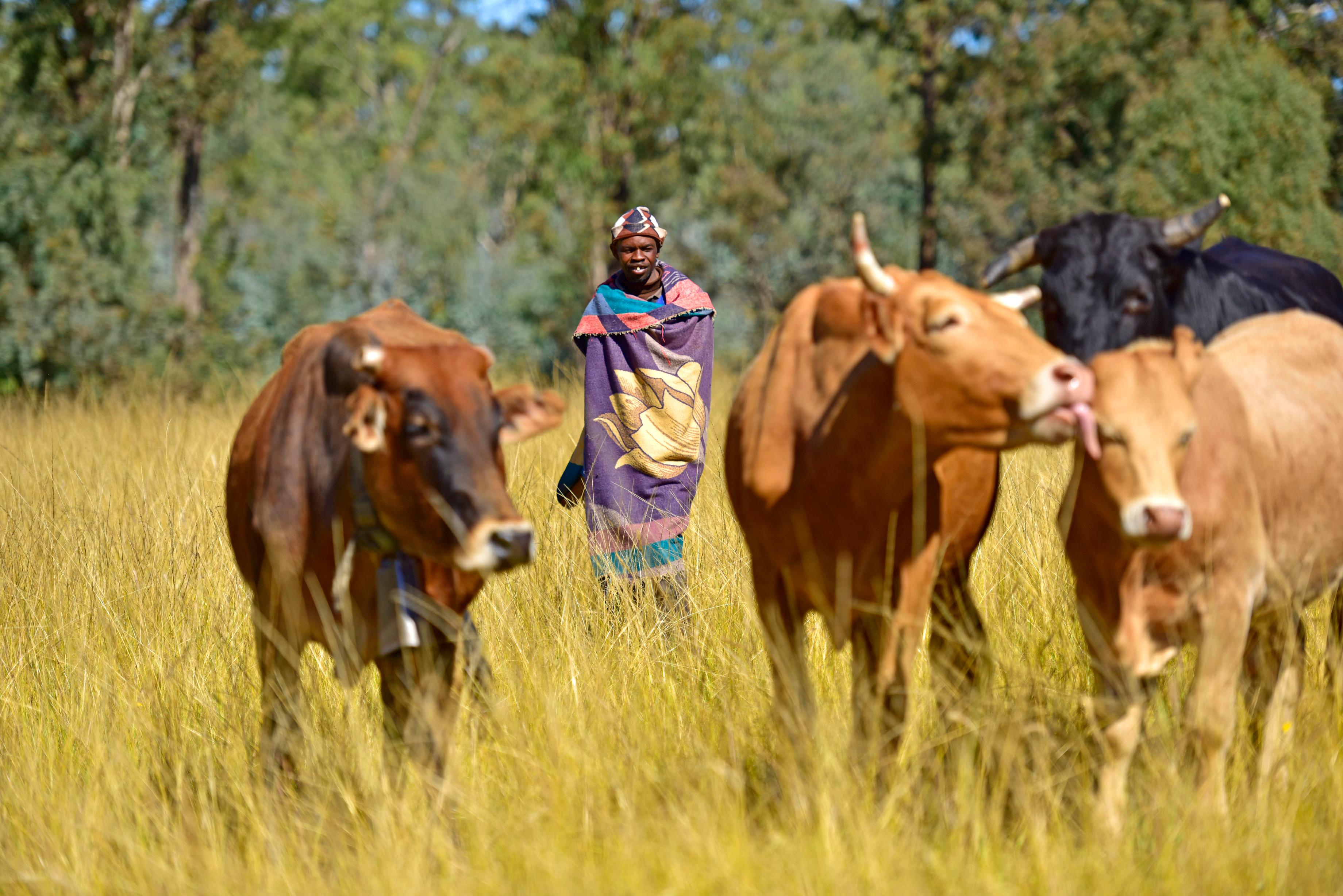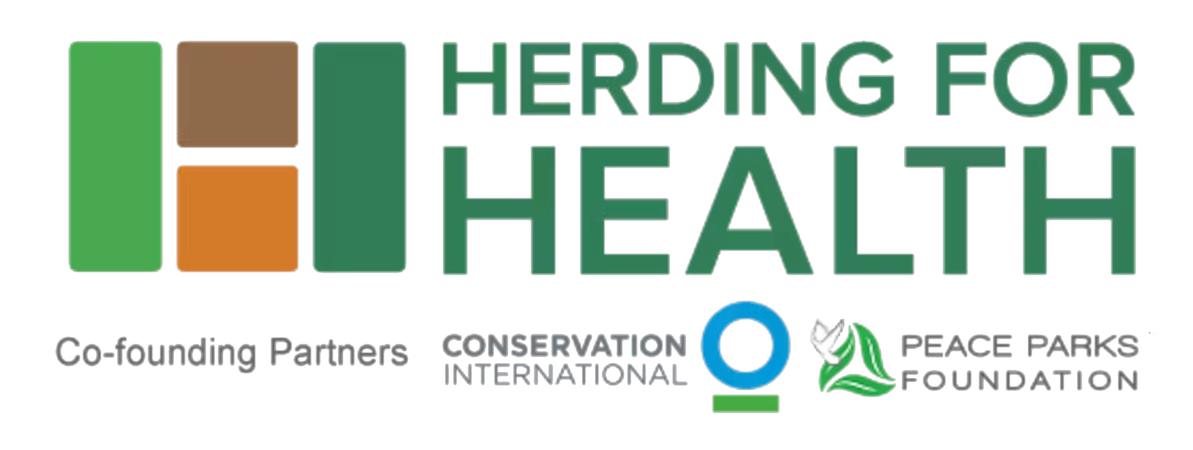7M
Hectares
The Herding for Health model has been successfully tested across all key rangeland ecosystems (semi-arid shrublands, mountain grasslands, and subtropical savannas) and is now being applied to restore and improve the management of 7 million hectares (17 million acres) of rangelands across seven countries in Africa, supported by US$ 150 million in site-based investments.
Voluntary stewardship
One of the key mechanisms in implementing Herding for Health is the voluntary stewardship agreements signed with communities that are custodians of the land. Pastoralist communities voluntarily commit to implementing planned grazing of their livestock to minimize overgrazing, remove invasive vegetation that hampers grass growth and water availability, and adopt wildlife-friendly practices, among other measures. In turn, they receive support to improve the quality of their livestock, reduce animal losses from wildlife predators and diseases, and access facilitated livestock markets, among other benefits.

